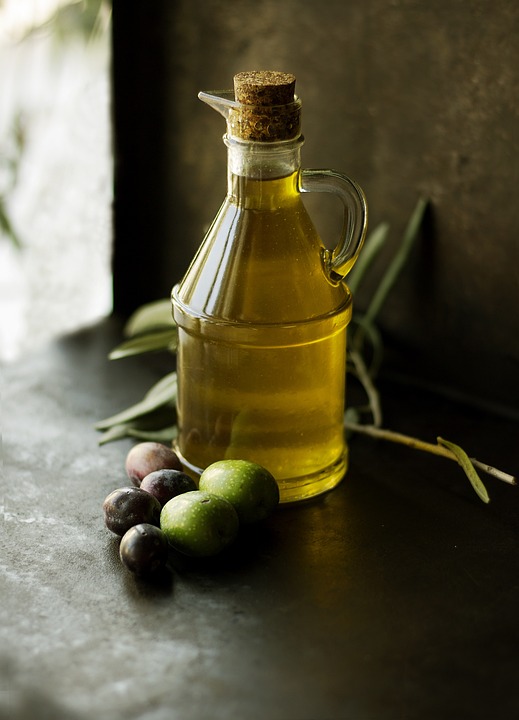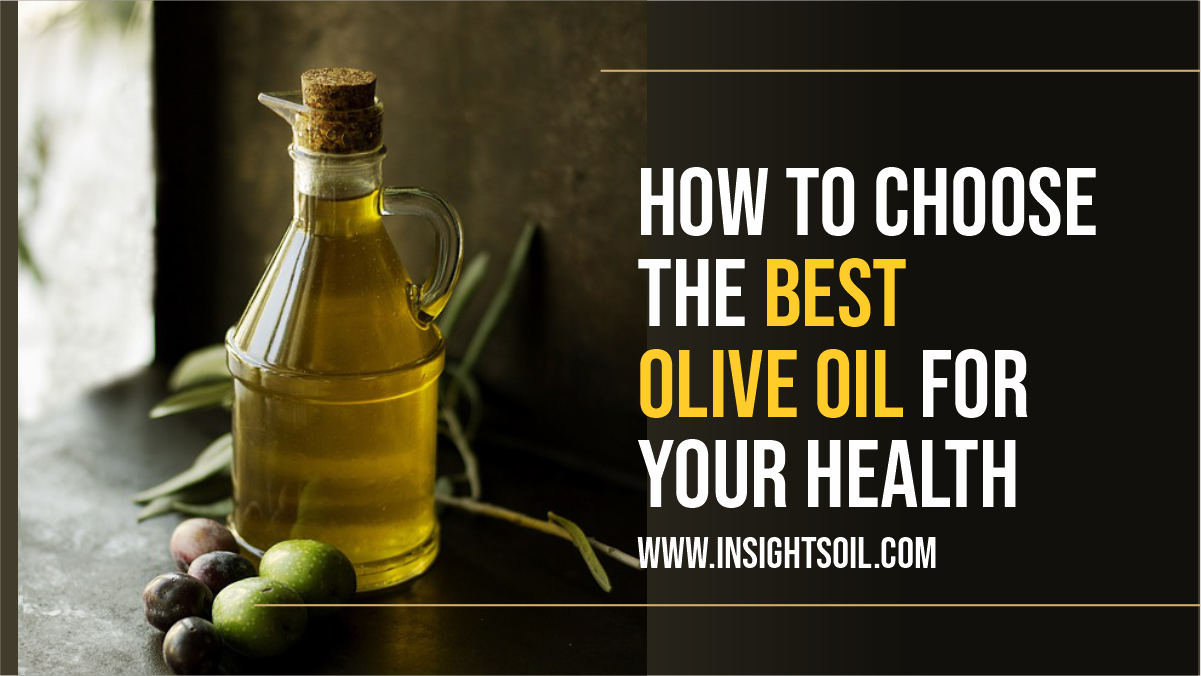Table of Contents
Olive oil is a staple ingredient in many kitchens around the world. It’s not only delicious, but it also offers a range of health benefits. However, with so many different types and grades of olive oil available, it can be challenging to know which one is the best for your health. In this article, we’ll guide you through the process of choosing the best olive oil for your needs.

Understanding Olive Oil Grades
Olive oil is classified into several different grades, each with its own unique characteristics and health benefits. The main grades are:
Extra Virgin Olive Oil (EVOO)
This is the highest-quality and most flavorful type of olive oil. It is made from the first cold-pressing of the olives and has a low acidity level, typically less than 0.8%. EVOO is rich in antioxidants and has a range of health benefits.
Virgin Olive Oil
Virgin olive oil is similar to EVOO, but it has a slightly higher acidity level, usually between 0.8% and 2%. It still retains many of the beneficial compounds found in EVOO.
Refined Olive Oil
Refined olive oil has been processed to remove impurities and improve its flavor and appearance. This process also removes some of the beneficial compounds, making it less healthy than EVOO or virgin olive oil.

Olive Oil
This is a blend of refined olive oil and virgin olive oil. It has a milder flavor and is generally less expensive than the higher-quality grades.
Best Mehndi Designs
Choosing the Best Olive Oil for Your Health
When selecting the best olive oil for your health, there are several factors to consider:
Acidity Level
As mentioned earlier, the acidity level is an important indicator of olive oil quality. The lower the acidity, the better the oil. Look for EVOO or virgin olive oil with an acidity level of 0.8% or less.
Polyphenol Content
Polyphenols are powerful antioxidants that are found in high-quality olive oils. These compounds have been linked to a range of health benefits, including reduced inflammation and improved heart health. Look for olive oils that are high in polyphenols.
Freshness
Olive oil can lose its flavor and health benefits over time, so it’s important to choose a fresh product. Look for a bottle with a harvest date or a “best by” date, and try to use the oil within a few months of purchase.
Packaging
Olive oil is sensitive to light, heat, and oxygen, which can degrade its quality. Look for olive oil that is packaged in a dark bottle or tin, and avoid clear bottles that allow light to penetrate.
Certification
Look for olive oils that are certified by reputable organizations, such as the International Olive Council or the California Olive Oil Council. These certifications ensure that the oil meets certain quality and purity standards.
Health Benefits of Olive Oil
Olive oil is widely recognized for its numerous health benefits. Here are some of the key advantages of incorporating high-quality olive oil into your diet:
Heart Health
The monounsaturated fats in olive oil can help lower LDL (bad) cholesterol and raise HDL (good) cholesterol, reducing the risk of heart disease.
Anti-Inflammatory Properties
Olive oil is rich in antioxidants, including polyphenols, which have been shown to have anti-inflammatory effects. This can be beneficial for conditions like arthritis and chronic pain.
Improved Brain Function
Some studies have suggested that the healthy fats and antioxidants in olive oil may help protect the brain and improve cognitive function.
Cancer Prevention
Olive oil contains compounds that may help prevent the development of certain types of cancer, such as breast and colorectal cancer.
Diabetes Management
The monounsaturated fats in olive oil can help improve insulin sensitivity and blood sugar control, making it a valuable addition to the diet for individuals with diabetes.
Incorporating Olive Oil into Your Diet
Once you’ve selected the best olive oil for your health, there are many ways to incorporate it into your daily routine:
- Use it as a dipping oil for bread
- Drizzle it over salads, vegetables, or grilled meats
- Incorporate it into homemade dressings and marinades
- Use it for sautéing, roasting, or baking
- Add a tablespoon to your morning smoothie or oatmeal
Remember, the key to getting the most health benefits from olive oil is to choose a high-quality, extra-virgin variety and to use it in moderation as part of a balanced diet.


1 thought on “How to Choose the Best Olive Oil for Your Health”